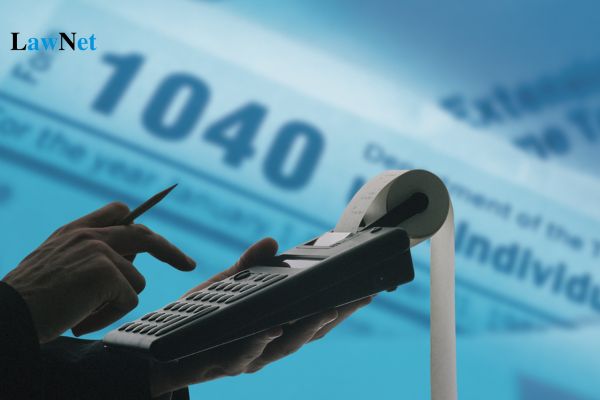If a tax official voluntarily reports before being discovered in corruption, shall they be exempted from disciplinary in Vietnam?
What disciplinary measures shall be imposed on corrupt tax officials in Vietnam?
Pursuant to the provisions in Clause 2, Article 3 of the Anti-Corruption Regulations in the Tax Sector issued with Decision 742/QD-TCT in 2020 any individual engaged in corrupt activities within the Tax Sector, irrespective of their position or rank, must be handled according to the law.
According to Article 22 of the Anti-Corruption Regulations in the Tax Sector issued with Decision 742/QD-TCT in 2020, the disciplinary measures for corrupt tax officials are as follows:
A tax official who engages in corrupt activities (that do not reach the level of criminal responsibility) will be subject to one of the following six disciplinary measures based on the nature and severity of the violation:
- Reprimand.
- Warning.
- Salary reduction.
- Demotion.
- Dismissal.
- Forced resignation.

If a tax official voluntarily reports before being discovered in corruption, shall they be exempted from disciplinary in Vietnam? (Image from Internet)
If a tax official voluntarily reports before being discovered in corruption, shall they be exempted from disciplinary in Vietnam?
Based on Article 3 of the Anti-Corruption Regulations in the Tax Sector issued with Decision 742/QD-TCT in 2020 regarding the principles of handling:
Principles of Handling
1. All corrupt acts within the Tax Sector must be promptly detected, prevented, and severely dealt with.
2. Individuals engaged in corrupt activities within the Tax Sector, irrespective of their position or rank, must be handled according to the law.
3. Corrupt assets must be recovered and confiscated. Individuals whose corrupt actions cause damage must compensate and reimburse according to the law.
4. A tax official who voluntarily reports before being discovered, actively limits the damage caused by their illegal actions, and willingly returns the corrupt assets may have their disciplinary measures, penalties reduced, or be exempt from criminal responsibility as per the law.
5. Corruption handling must be carried out publicly in accordance with the law.
6. Individuals who have engaged in corrupt activities, even if retired, resigned, or transferred, must still be held accountable for their actions.
According to the above provisions, a corrupt tax official may only be considered for a reduction in disciplinary measures, penalties, or exemption from criminal liability as per the law if they meet the following conditions:
- Voluntarily reported before being discovered,
- Actively limited the damage caused by their illegal actions,
- Willingly returned corrupt assets.
Thus, merely voluntarily reporting before discovery does not automatically exempt a corrupt tax official from disciplinary.
Who has the authority to discipline corrupt tax officials in Vietnam?
The authority to discipline corrupt tax officials is prescribed in Clause 2, Article 23 of the Anti-Corruption Regulations in the Tax Sector issued with Decision 742/QD-TCT in 2020 as follows:
Article 23. Principles, Authority, Procedures for Disciplinary Handling
...
2. The authority, procedures, and process for disciplinary handling are implemented according to Decree No. 34/2011/ND-CP dated May 17, 2011, which regulates the disciplinary handling of officials; Decree No. 27/2012/ND-CP dated April 6, 2012 concerning the disciplinary handling of public employees and their compensation responsibilities.
However, Decree 34/2011/ND-CP stipulating the disciplinary handling of officials (Expired as of September 20, 2020) was repealed by clause b, item 2, Article 44 of Decree 112/2020/ND-CP. Currently, the legal document regulating the authority, procedures, and process for disciplining officials is Decree 112/2020/ND-CP (Effective since September 20, 2020).
Pursuant to Article 24 of Decree 112/2020/ND-CP, as amended by Clause 10, Article 1 of Decree 71/2023/ND-CP, the authority to discipline officials is as follows:
- For officials holding leadership or management positions: The head of the agency, organization, or unit with the authority to appoint or delegated authority to appoint shall discipline and decide on disciplinary measures.
- For officials not holding leadership or management positions: The head of the managing agency or the head of the agency delegated with management authority shall discipline and decide on disciplinary measures, except as stipulated in Clause 6, Article 28 of Decree 112/2020/ND-CP, as amended by Clause 13, Article 1 of Decree 71/2023/ND-CP.

